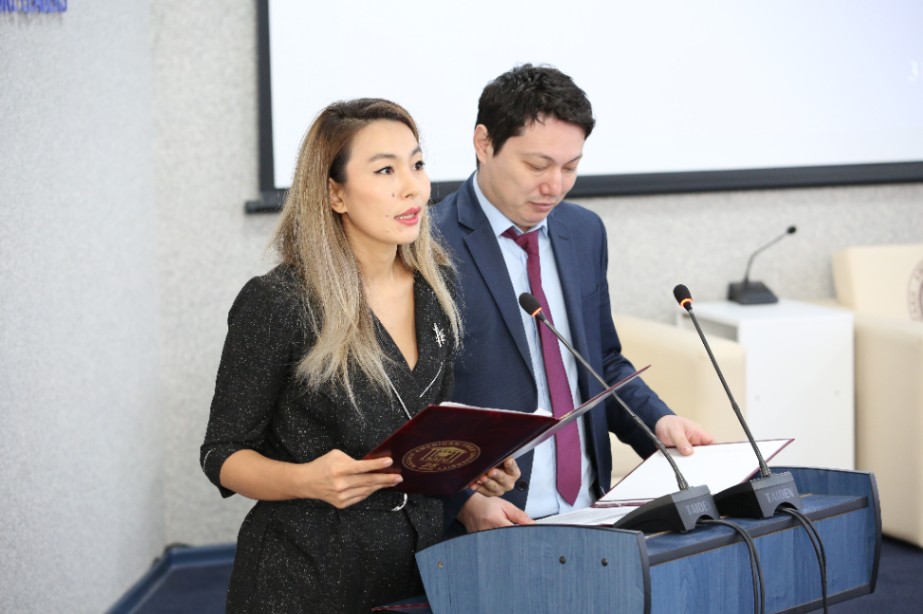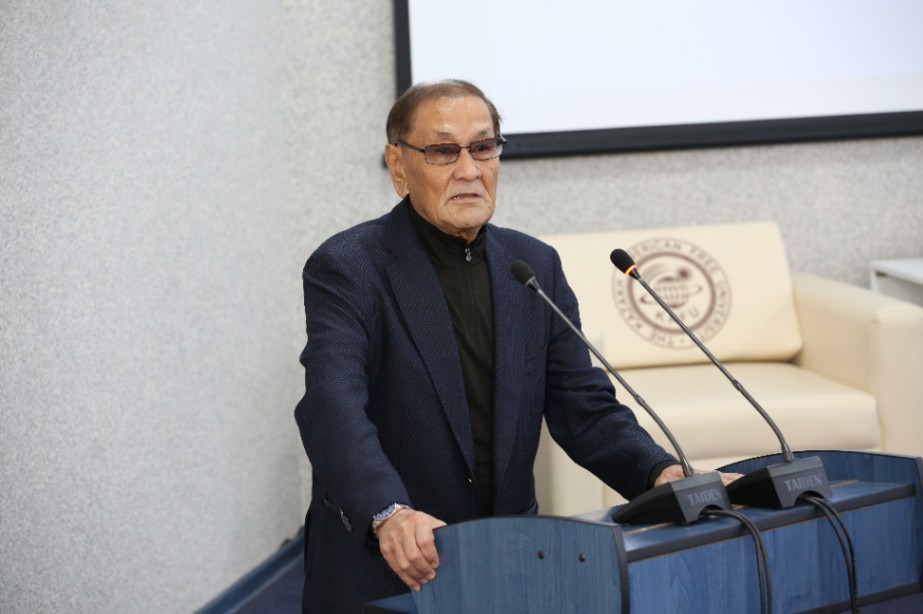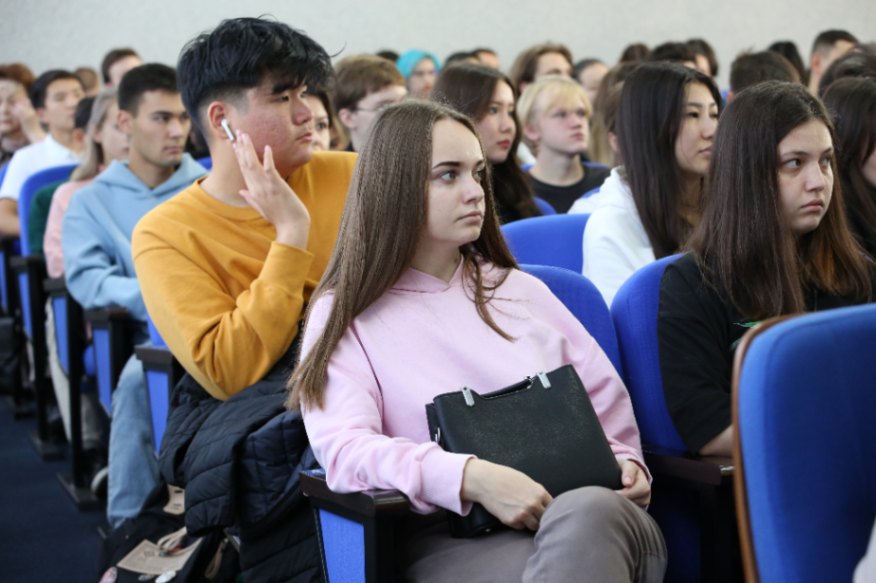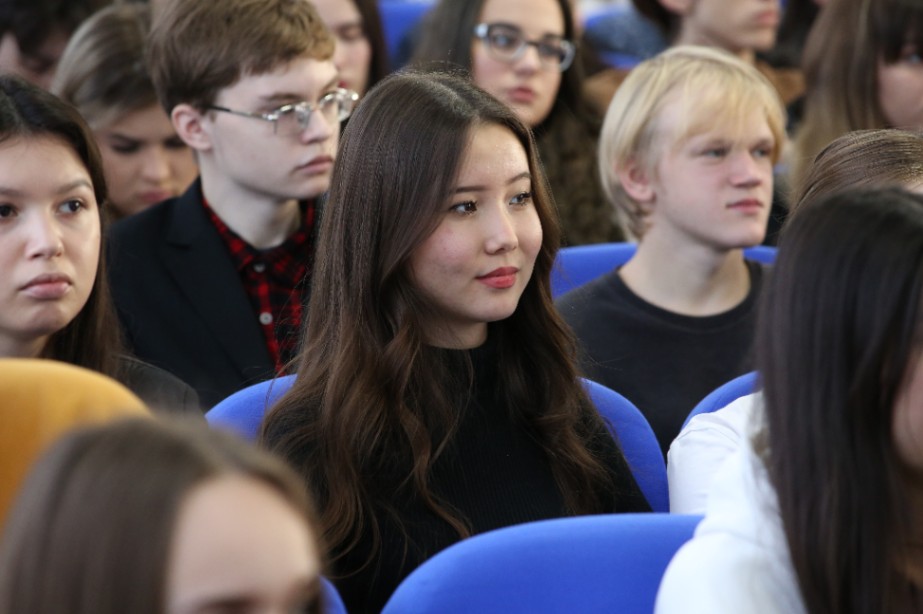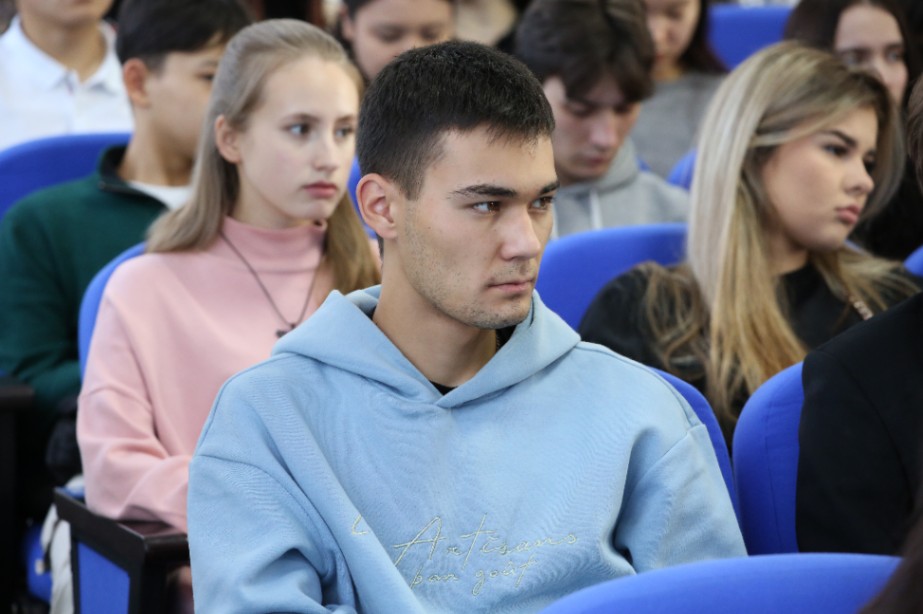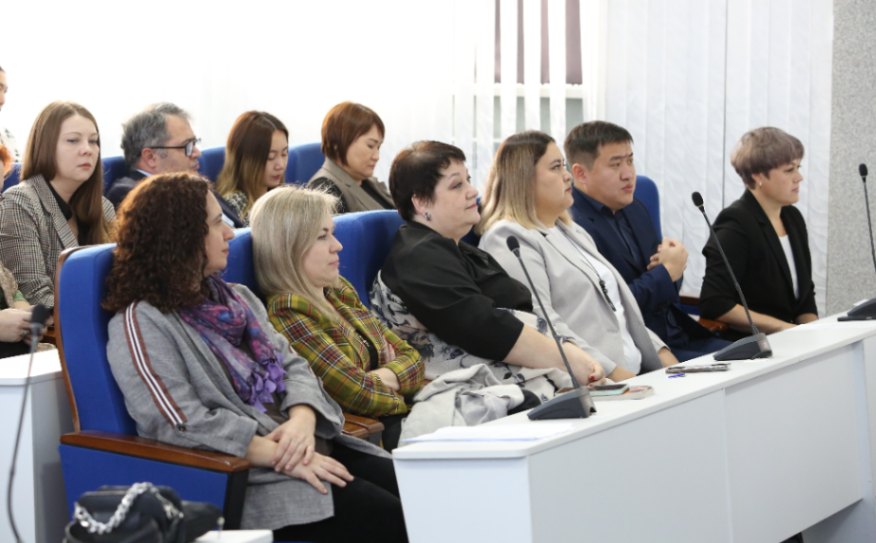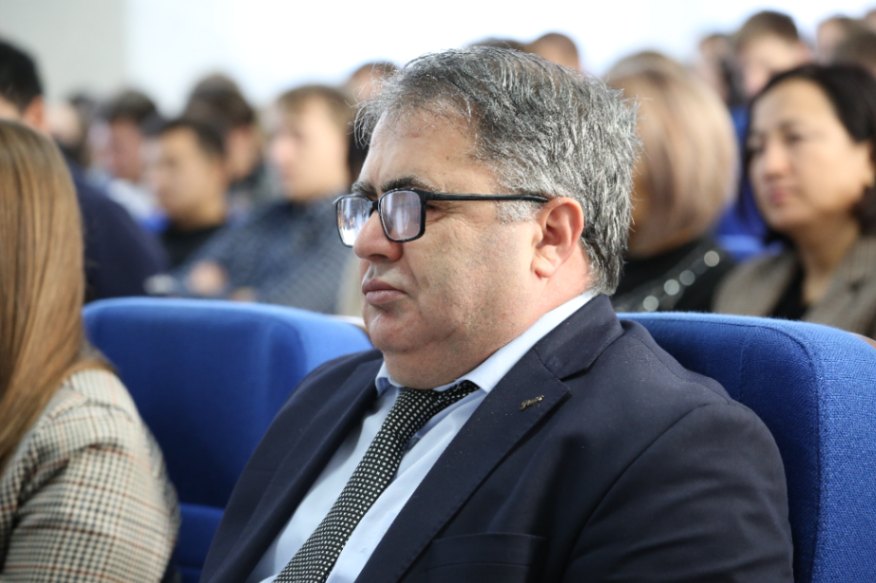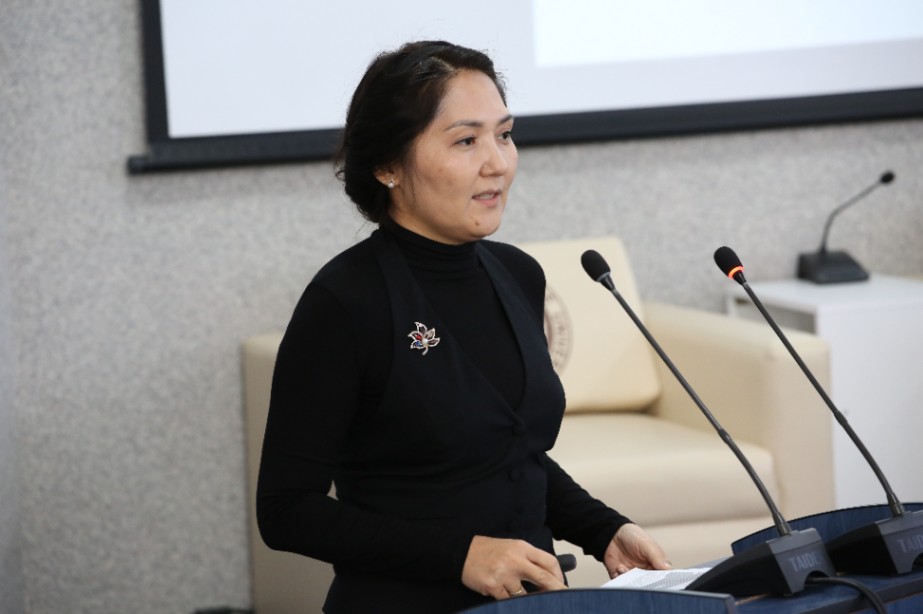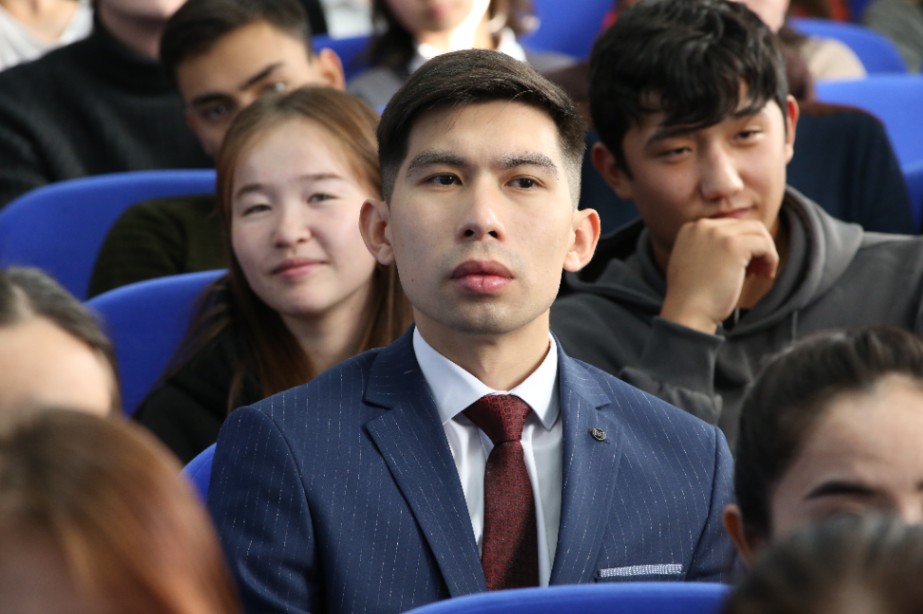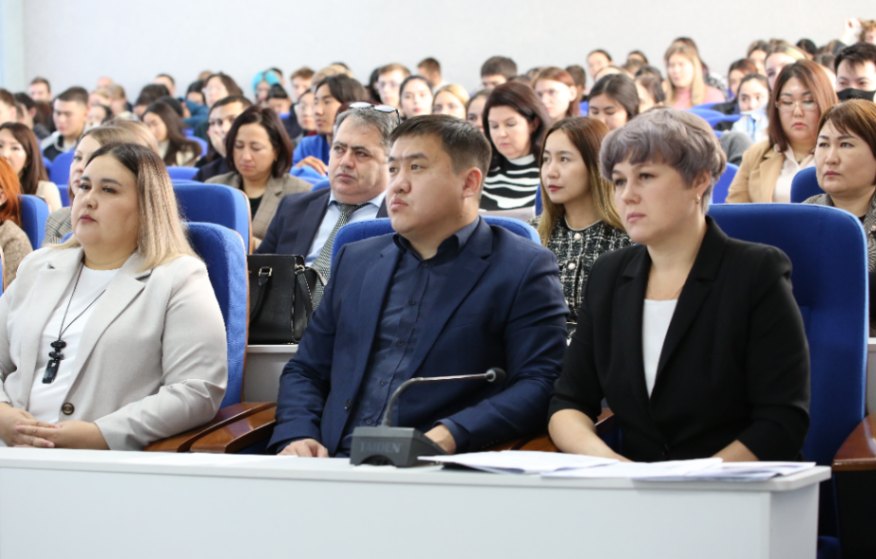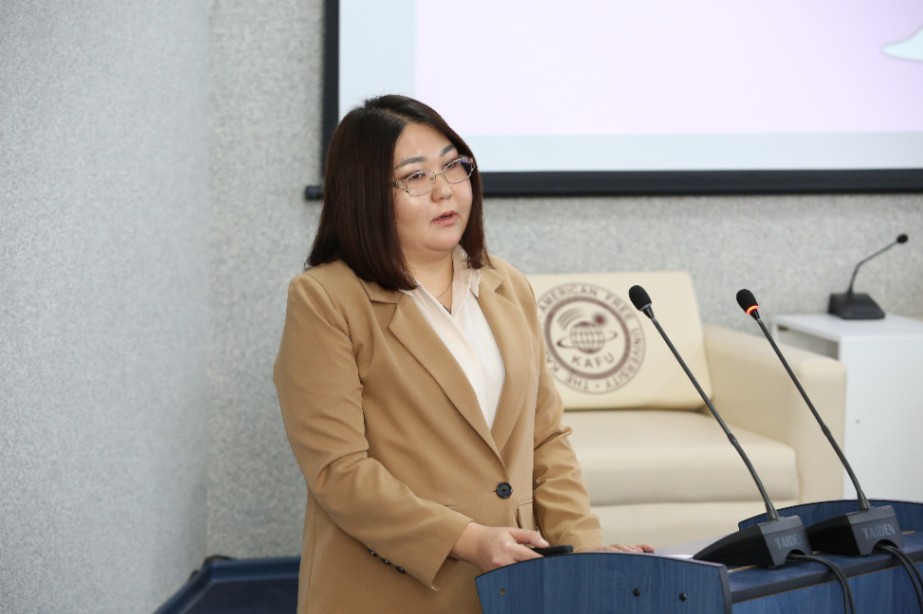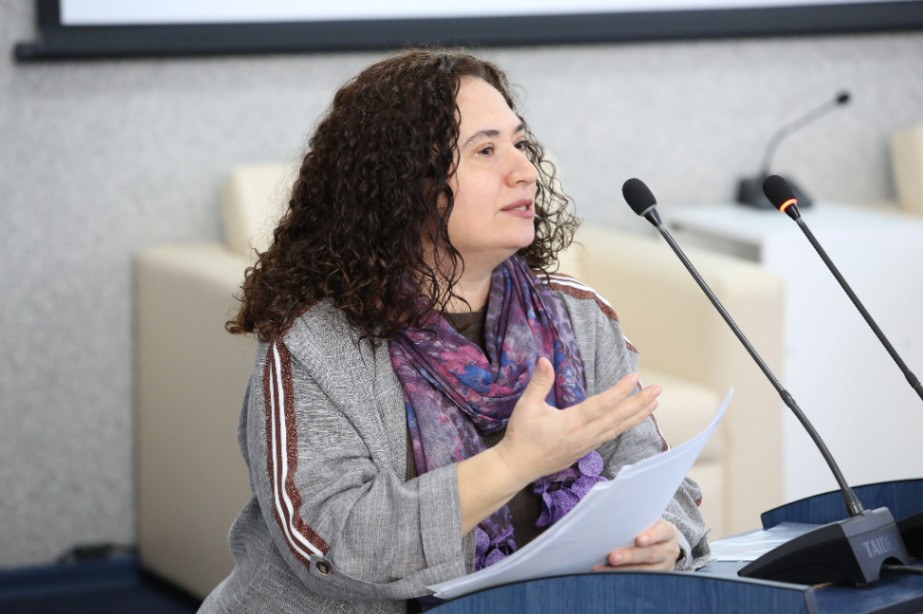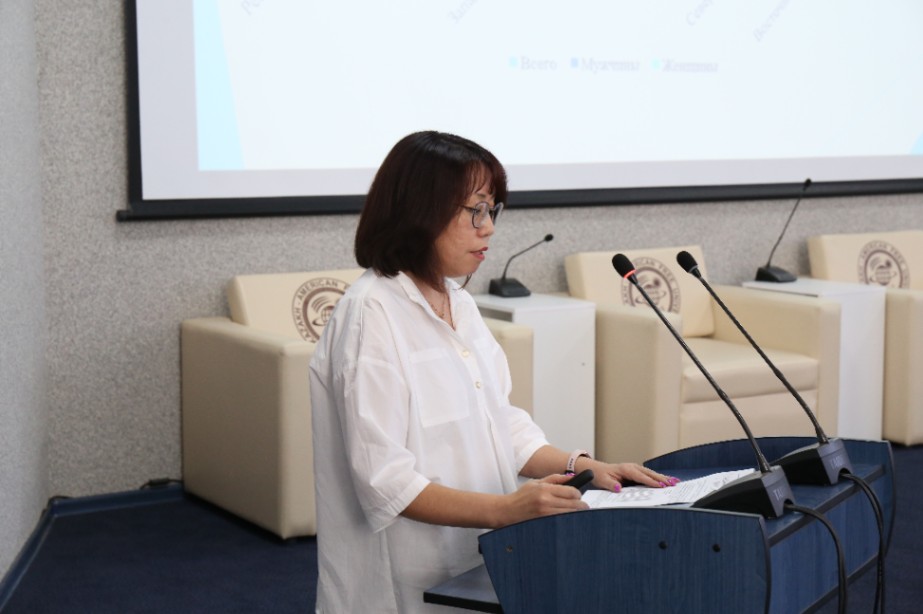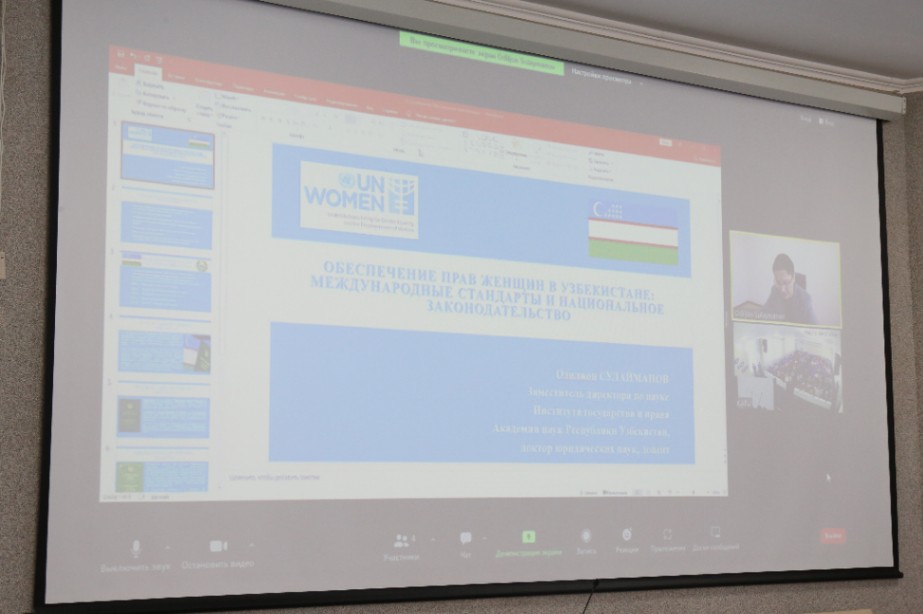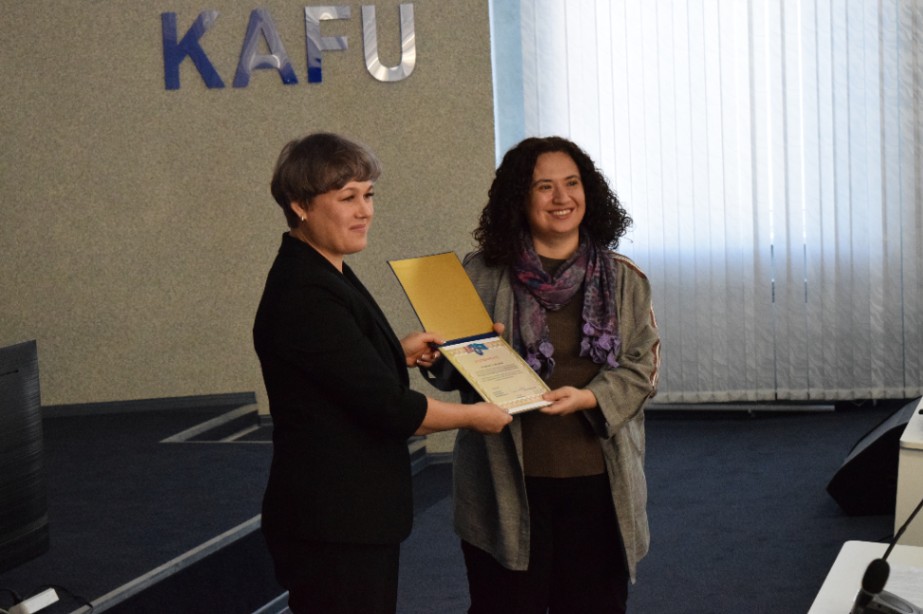Plenary Session of the International Scientific Congress “World Education and Science: Joint Overcoming of Global Challenges”
The annual International Scientific Congress “World Education and Science: Joint Overcoming of Global Challenges” is held at the Kazakh-American Free University. This significant event for the promotion of education and science, integrates scientists, teachers, and students to exchange ideas and experiences, contributing to the development of the academic community and the search for solutions to global problems.
The events of the KAFU Congress 2023 were implemented as part of the implementation of the research topic IRN AR19680677 “Economic and demographic development of Kazakhstan: gender aspect” of grant funding from the Ministry of Education and Science of the Republic of Kazakhstan. The modern paradigm of the national educational system strives to provide equal opportunities for training specialists, regardless of their gender. This includes not only the development of professional skills but also the support of research skills and the ability to effectively apply theoretical knowledge in real practice.
The plenary session of the Congress was opened by the President of KAFU, Academician of the National Academy of Sciences of the Republic of Kazakhstan Erezhep A. Mambetkaziev. He noted that the most important component of the KAFU international partnership model is the willingness to share concepts, ideas, resources, and experience in order to achieve the quality of higher education.
The problems of gender equality in the Republic of Kazakhstan were highlighted in the report made by Candidate of Economic Sciences, Professor Aizhan A. Mukhamadieva. The research shows that increasing women’s access to education and their active participation in research and innovation contribute to the development of society and the economy as a whole. This highlights the importance of ensuring equal opportunities for learning and development for all citizens, regardless of their gender.
At the plenary session of the Congress, reports were made on the gender aspects of teaching foreign languages; the reports of Gulbanu Duman, Associate Professor at the Bulent Ecevit University, and Aray Mukazhanova, Ph.D., lecturer at the Department of Foreign Languages at KAFU, were devoted to this topic.
The impact of the demographic factor on the labor market in the Republic of Kazakhstan was discussed in the report by the Head of the Business Department, Ph.D. Ilona V. Bordiyana. Analysis of demographic factors is an important tool for understanding and forecasting labor market needs. The presented report allows for more precise adaptation of employment and job creation strategies, taking into account demographic changes in Kazakhstan.
The topic of the report “Life Expectancy of the Population as a Socio-economic Phenomenon” was presented by Ph.D. Gulnar Zh. Sarsembayeva. Her research covered various aspects affecting life expectancy in the Republic of Kazakhstan, taking into account social and economic factors.
The criminological analysis of female crime in the Republic of Kazakhstan was highlighted by Yulia A. Gavrilova, Candidate of Legal Sciences, KAFU Vice-Rector for Scientific Work and Postgraduate Education. Her work has made an important contribution to the understanding of female crime in the Republic of Kazakhstan, enriching public discussion and scientific reflection in this area.
The issues of ensuring women’s rights in Uzbekistan were considered in the context of international standards and national legislation by Odiljon R. Sulaymanov from the Institute of State and Law of the Academy of Sciences of the Republic of Uzbekistan.
Emphasis was also placed on the importance of considering current issues of gender inequality and Uzbekistan’s experience in ensuring women’s rights, which was highlighted in the report of Umida A. Sherkhanova from Tashkent State University of Law.
The exchange of experience and scientific research presented by colleagues from Uzbekistan contribute to the development of understanding of the problems of gender equality and legal protection of women in the region.
Research Department
